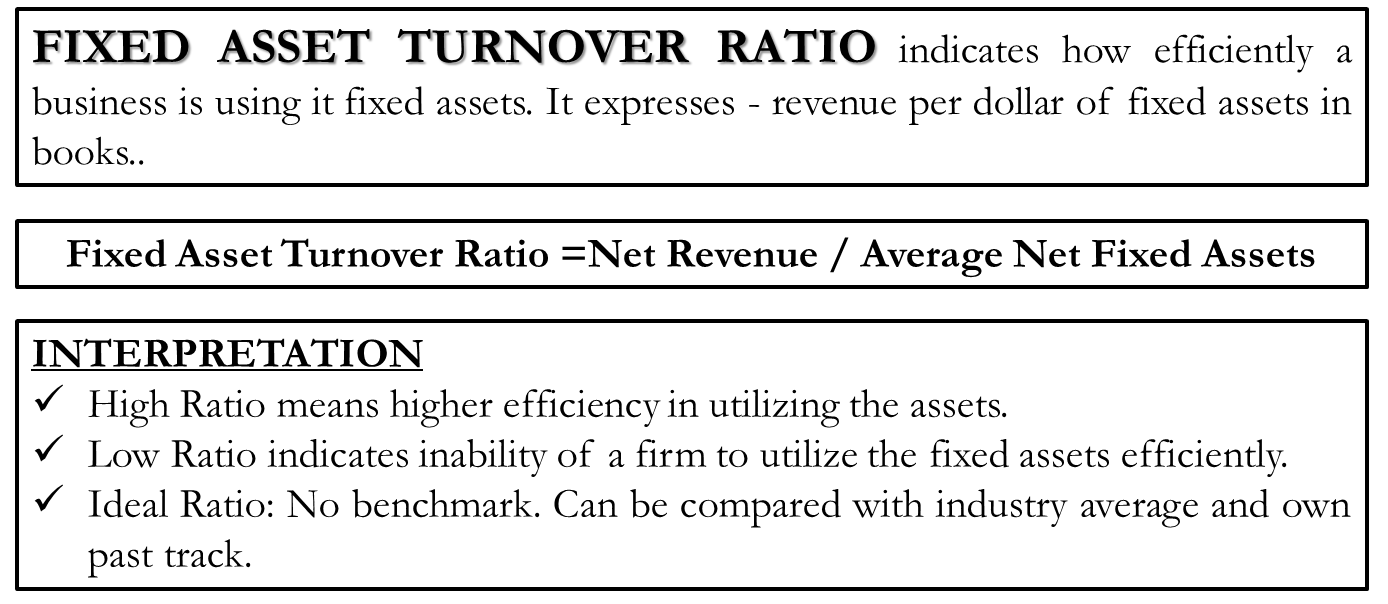

Not taxable for federal tax purposes may be subject to state and/or local taxes, depending on your resident state and the type of bonds purchased Some or all interest on certain bonds, usually state or local municipal bonds, designated as tax-exempt Investment income earned by the fund from interest and non-qualified dividends minus expenses often used as a blanket term that includes all taxable income except long-term capital gains. Normally taxed as long-term capital gains (subject to certain holding period and hedging restrictions) May be treated as ordinary dividends, thus taxable at ordinary income tax ratesĭividends from common stock of domestic corporations and qualifying foreign corporations Net gains from the sale of shares held for one year or less

Subject to the capital gains rates, usually lower than the ordinary income tax rates Net gains from the sale of shares held for more than one year may include some distributions received from investments held by the fund The chart below illustrates how each type of mutual fund income is taxed. If you move between mutual funds at the same company, it may not feel like you received your money back and then reinvested it however, the transactions are treated like any other sales and purchases, and so you must report them and pay taxes on any gains.įor federal tax purposes, ordinary income is generally taxed at higher rates than qualified dividends and long-term capital gains. Additionally, as an owner of the shares in the fund, you must report and potentially pay taxes on transactions conducted by the fund, that is, whenever the fund sells securities.

The funds report distributions to shareholders on IRS Form 1099-DIV after the end of each calendar year.įor any time during the year you bought or sold shares in a mutual fund, you must report the transaction on your tax return and pay tax on any gains and dividends. If you hold shares in a taxable account, you are required to pay taxes on mutual fund distributions, whether the distributions are paid out in cash or reinvested in additional shares. This information will usually be reported on Form 1099-R. If you have mutual funds in these types of accounts, you pay taxes only when earnings or pre-tax contributions are withdrawn. Certain accounts, such as individual retirement and college savings accounts, are tax-advantaged.


 0 kommentar(er)
0 kommentar(er)
